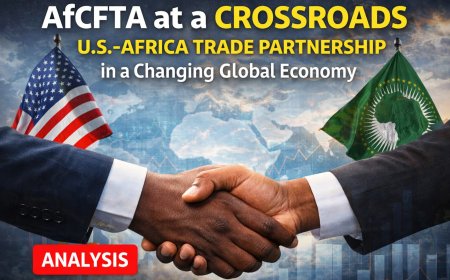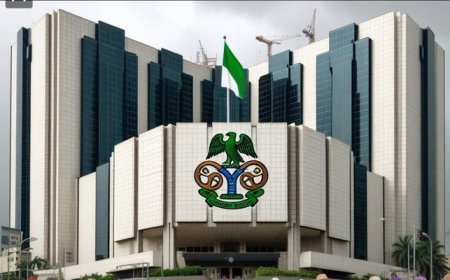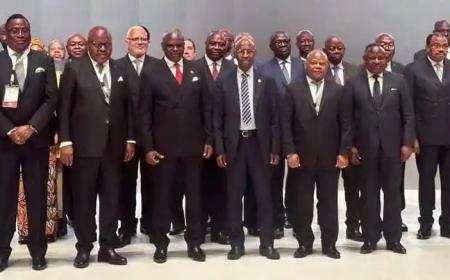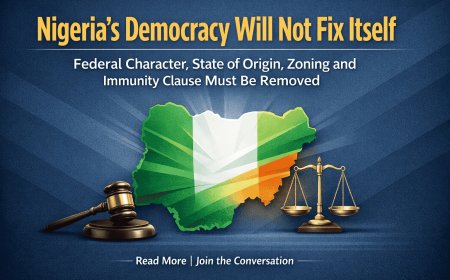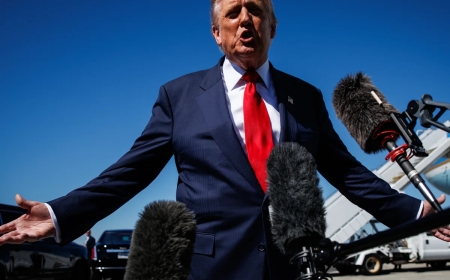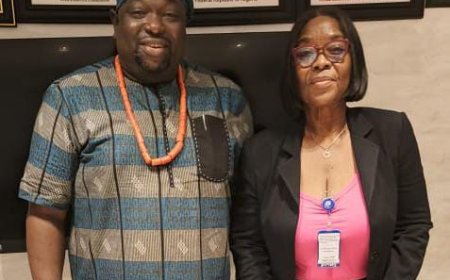Integrity on the Road: What Driving Without a License Reveals About Business Ethics in Nigeria
Driving without a license in Nigeria is more than a traffic violation, it is a reflection of the nation’s broader ethical challenges. This article by Dr. Ohio O. Ojeagbase explores how roadside shortcuts mirror corruption in business, why integrity in business mentality matters for sustainable growth, and what institutional reforms can restore trust.
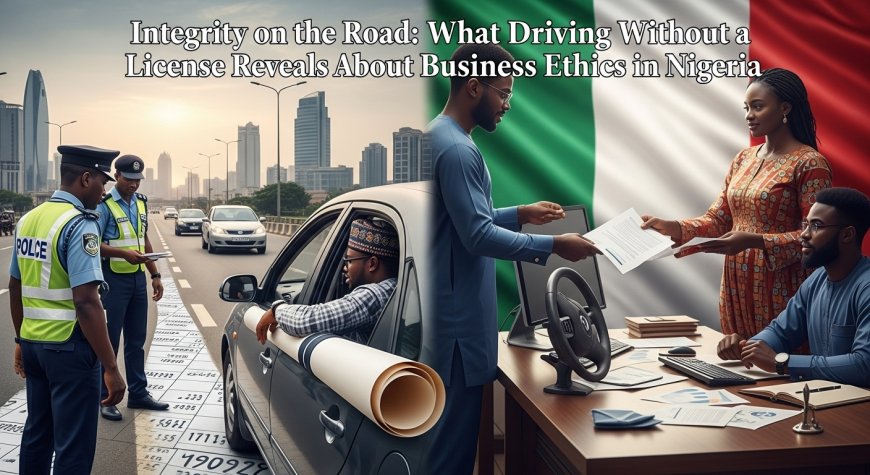
By Ohio O. Ojeagbase PhD. DMin.
Introduction: The Microcosm of the Road
The Nigerian roadside is more than a stretch of asphalt lined with cars and hawkers. It is a living parable of the nation’s ethical landscape. Every day, countless drivers engage in the scramble for licenses, permits, and renewals. Some opt for the legitimate process, enduring long queues, opaque procedures, and in some cases, subtle demands for “settlement.” Others choose the quicker route, handing a few naira to a roadside agent or officer and driving away with a temporary pass that buys them convenience but erodes the system’s integrity. What appears to be a minor shortcut is, in truth, a ritual that reinforces a worldview, one where compromise becomes normal, and compliance is treated as optional.
To understand this behavior, one must dig beneath the surface. For many, non-compliance is not rooted in laziness, but in systemic frustration. The bureaucratic hurdles at licensing offices, the inefficiency of service delivery, and the allegations of extortion make the legal path cumbersome and unattractive. For others, the decision is a calculated risk: the probability of being caught is low, whilst the cost of full compliance in both money and time is very high. Over time, these choices harden into what sociologists call the normalization of deviance. When everyone around you is paying “something small” to get by, the act loses its moral weight and morphs into “the way things are done.”
This microcosm on the road is not simply about traffic laws or vehicle papers. It is a diagnostic lens into Nigeria’s business climate and national culture. The same shortcuts that drivers take on the roadside echo in boardrooms, construction sites, hospitals, and marketplaces. The rationalizations are similar: “the system is broken, so why not find a way around it?” But every such choice, no matter how small, shapes the larger economy and corrodes the values of trust and accountability that businesses depend on to thrive.
If Nigeria is to attract global investment, empower local entrepreneurs, and build institutions that last, the mindset must shift. The issue is not only about punishing offenders but about redesigning the system itself. Compliance must be made easier than non-compliance, transparency must replace opacity, and accountability must no longer be selective. Until the culture of the roadside changes, the culture of the boardroom and that of national governance will remain vulnerable.
ADVERT
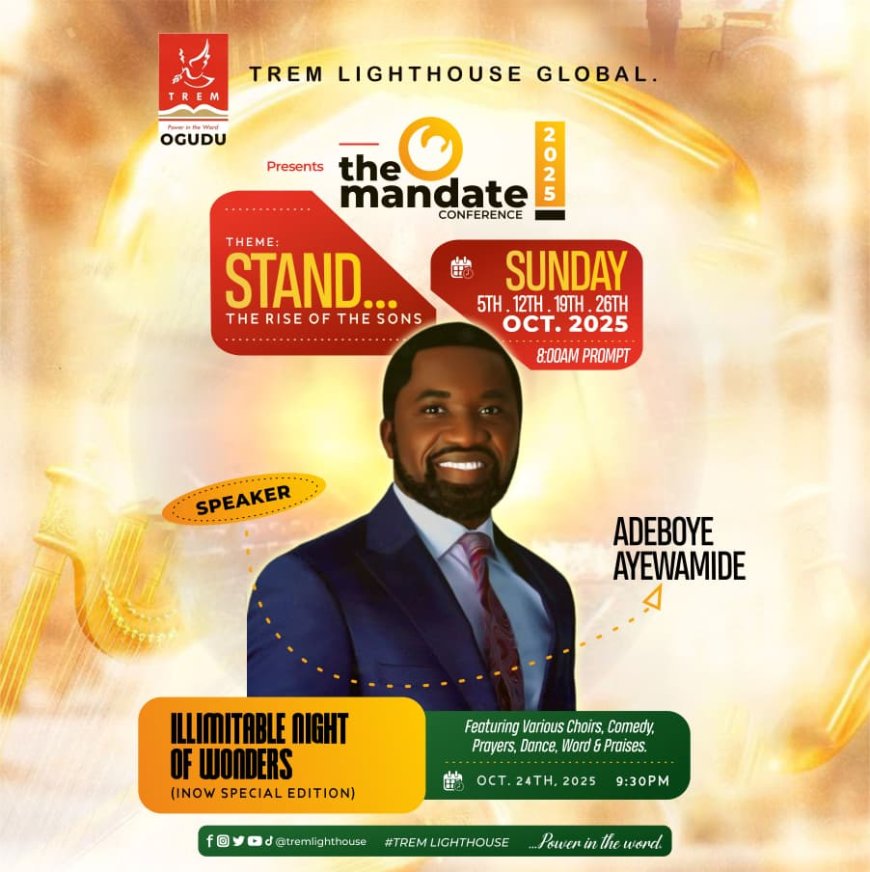
The Three Layers of the Integrity Breach
Dr Ojeagbase’s core argument is that the road offense reveals a dangerous mindset. We can break this down into three progressive layers of ethical compromise:
1. The Mindset of Convenience Over Compliance:
The driver prioritizes personal convenience (avoiding the licensing office) over societal rules designed for order and safety. This is the foundational crack in the integrity framework.
Business Parallel: A startup chooses to ignore data privacy regulations (like the NDPA) because implementing them is complex and costly. They prioritize rapid growth and convenience over legal compliance, putting customer data at risk. The thinking is identical: "These rules are an impediment to my progress."
2. The Normalization of "Shortcuts" and Systems-Gaming:
The driver knows there's a way out the "kobo-ko-nb'owo" (do you have something for the boys?) transaction with the law enforcement officer. This transforms a breach of law into a simple transaction. The system is not something to be respected, but to be gamed.
Business Parallel: A construction firm consistently fails to meet regulatory standards. Instead of investing in proper materials and engineering, it budgets for bribes to inspectors. The violation is no longer a moral failure but a calculated line item, "cost of doing business." This is a direct transplant of the "settle" mentality into corporate strategy.
3. The Erosion of Implicit Trust:
When a driver is on the road without a license, every other road user is implicitly betrayed. The social contract that all drivers are minimally competent and accountable is broken. This erodes the very fabric of trust that allows a complex system like traffic to function.
Business Parallel: A food manufacturing company uses substandard ingredients not listed on the label. This breaches the trust of consumers who assume products are safe and as advertised. When this becomes widespread, it erodes trust in the entire industry, harming ethical competitors and consumers alike. The "everyone is doing it" justification is the same.
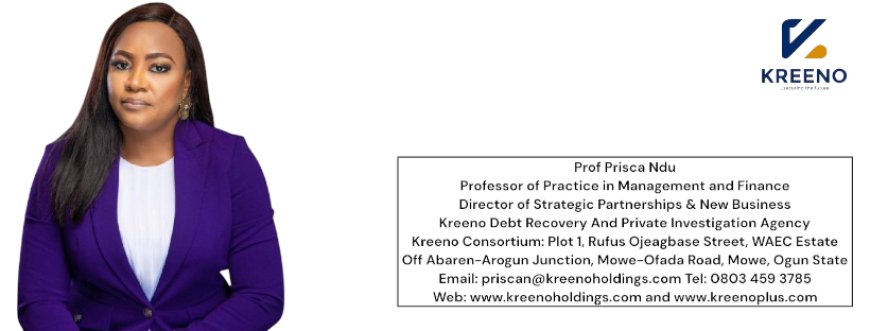
Connecting to Broader Economic Impacts
This is not just philosophical; it has tangible, devastating economic consequences.
The "Africa Premium": International investors often cite perceived corruption and weak regulatory enforcement as key risks, leading to higher risk premiums on investments in Nigeria. This translates to less foreign direct investment (FDI) and higher costs of capital for legitimate businesses. The driver who "settles" an officer is participating in the very behaviour that reinforces this negative perception globally.
The Cost of Illicit Financial Flows (IFFs): The mindset that justifies evading a vehicle license is the same that underpins tax evasion, invoice manipulation, and capital flight. According to Global Financial Integrity, developing countries lose over $1 trillion annually to IFFs. The small roadside act is a symptom of the same disease that bleeds the national economy.
Stifling Innovation: When success is perceived to be based on who you know or your ability to cut corners, it discourages genuine innovation and competition. Why invest in R&D and quality improvement if a competitor can win a contract through a bribe? This creates a stagnant business environment.
Expanding the Definition of Integrity: From Alignment to Action
Dr. Ojeagbase defines integrity as alignment. We can build on this by adding a component of courageous action.
Integrity is not passive. It is the conscious choice to do the right thing, especially when it is difficult, costly, or unpopular. The driver with integrity endures the frustrating process at the licensing office. The business leader with integrity pays the correct taxes, even when they know others are evading them.
Integrity-in-business as a Competitive Advantage: In a environment where corner-cutting is common, a reputation for unwavering integrity becomes a powerful brand differentiator. Clients, partners, and investors are increasingly seeking out ethical businesses they can trust for the long term. This is the "invisible currency" Dr. Ojeagbase mentions, and in today's connected world, its value is skyrocketing.
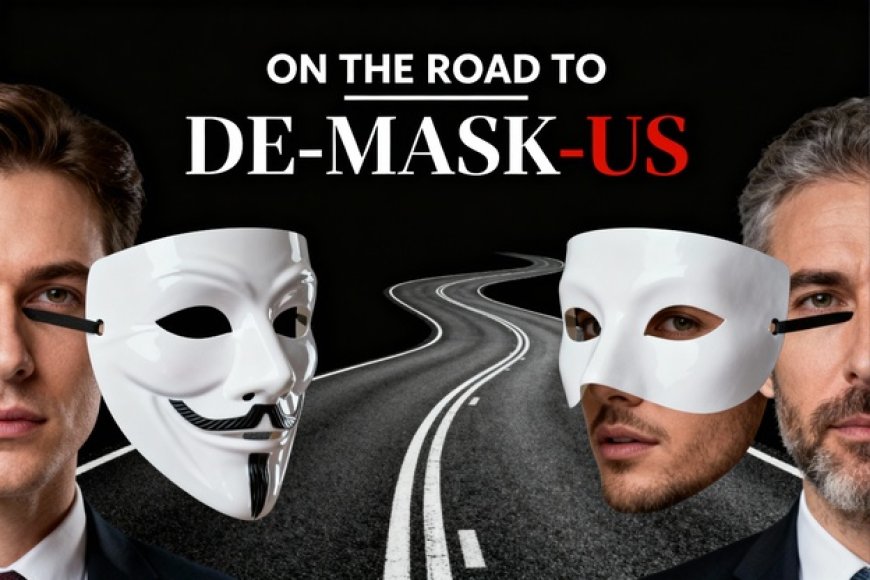
A Pathway to Remediation: From Personal to Institutional Integrity
The article poses a critical question. The answer is that the action is a manifestation of corruption, which is the behavioral outcome of a lack of integrity. To address this, solutions must be multi-level:
Personal Leadership (The "Inner License"): Every individual, especially leaders, must make a conscious commitment to integrity. This involves conducting an "integrity audit" on one's own practices, both personal and professional. Do my actions align with my stated values?
Organizational Culture (The "Corporate License"): Companies must build cultures that reward ethical behavior, not just results. This means clear codes of conduct, safe channels for whistleblowing, and leadership that models the right behavior. A company that fires a top salesperson for winning a contract through bribery is sending a powerful message.
Institutional reform requires that the government make compliance easier than noncompliance by reshaping the way systems are designed and managed. When the process of obtaining licenses, permits, and tax filings is digitized, citizens and businesses are more likely to comply because the burden of unnecessary delays and human interference is removed. Automation not only speeds up approvals but also shuts the door on corrupt gatekeepers who thrive on manual bottlenecks. Transparency is equally essential because when rules, processes, and costs are publicly available and simple to understand, it removes the guesswork and secrecy that breed exploitation. People are more inclined to follow the law when they can clearly see what is required of them and how much it will cost.
Accountability is the backbone of reform, because laws must be enforced consistently, not selectively, if trust in governance is to be rebuilt. When the wealthy, powerful, and connected face the same consequences as the ordinary citizen, society begins to respect the rule of law. A system that protects violators whilst punishing the weak creates resentment and fuels corruption. In contrast, a system that rewards integrity and punishes malpractice fairly will inspire confidence in both citizens and investors. For Nigeria and Africa at large, building such a “systemic license” for governance is not just a regulatory shift, it is the foundation for sustainable development and true national transformation that we desire.
ADVERT
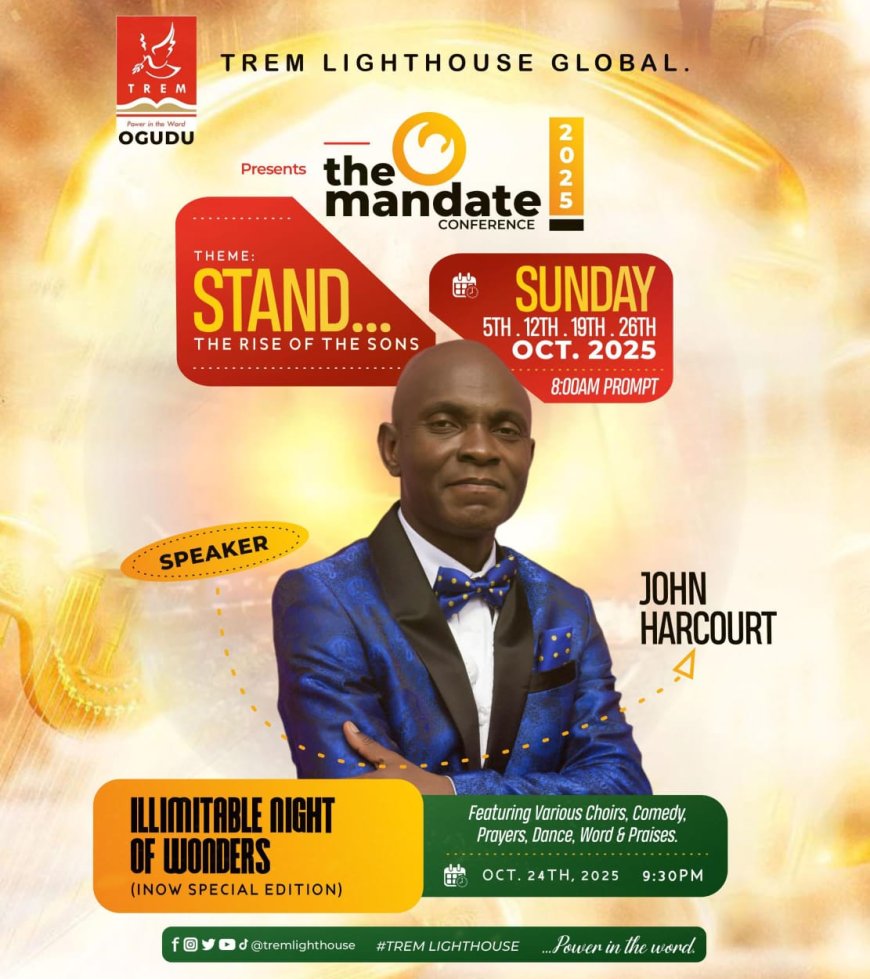
Conclusion: The Road Ahead
Dr. Ojeagbase's analogy is powerful because it is visible to millions of Nigerians every day. The choice on the road is a daily referendum on our national character. The driver who chooses to get a license, or who has the integrity to park the car until they do, is not just obeying a law. They are making an investment in a society governed by rules, not whims. They are affirming that trust is the true engine of economic progress.
The road to ethical business practices in Nigeria is paved with the small, daily decisions of its citizens. By choosing integrity on the road, we are, in fact, building the foundation for the trustworthy, prosperous, and globally competitive Nigeria we all seek. The journey toward national prosperity begins with every individual's decision to obtain not just a driver's license, but their "license of integrity" to shift culture.
So the next time you sit behind the wheel, ask yourself: Am I building a culture of integrity or feeding the machinery of corruption? The answer may decide not only your journey on the road but also your legacy in business.
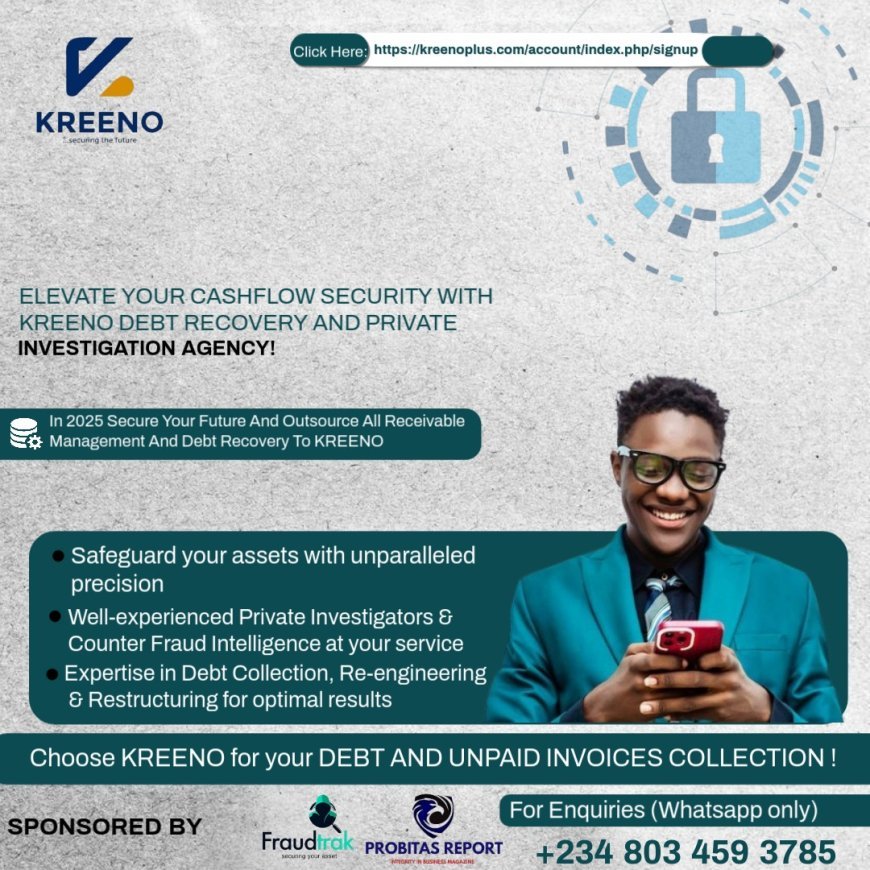
Kindly share this story:
Contact: report@probitasreport.com
Stay informed and ahead of the curve! Follow The ProbitasReport Online News Report on WhatsApp for real-time updates, breaking news, and exclusive content especially when it comes to integrity in business and financial fraud reporting. Don't miss any headline and follow ProbitasReport on social media platforms @probitasreport
©2025 ProbitasReport - All Rights Reserved. Reproduction or redistribution requires explicit permission.
What's Your Reaction?












